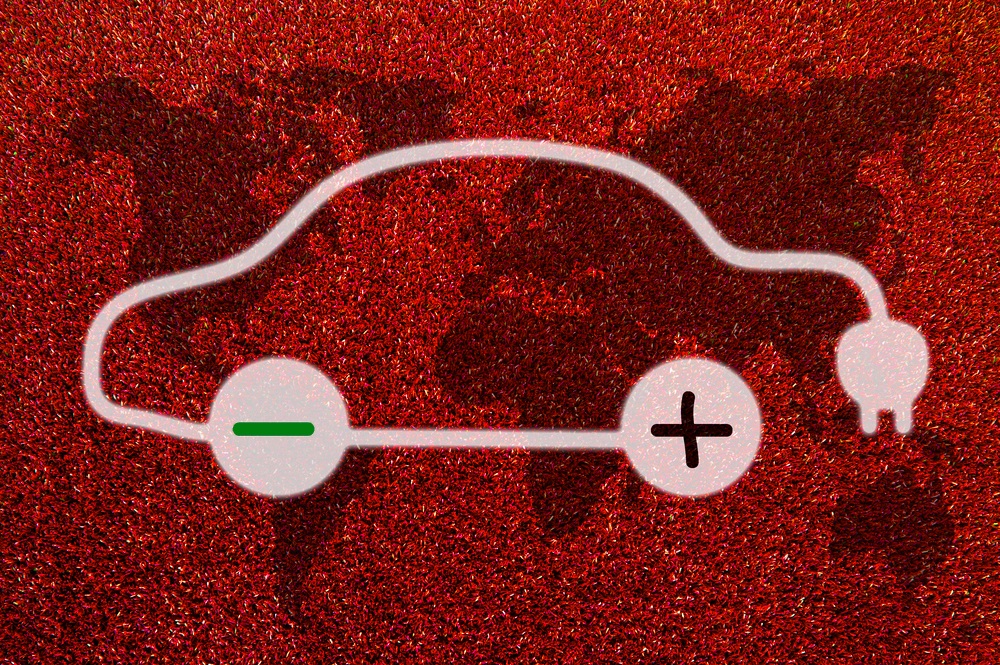A few weeks ago I wrote about how different countries — such as Uruguay, Madagascar and the U.S. — deal with property rights and large-scale agricultural land purchases by foreign entities like sovereign wealth funds and government-owned corporations. I was prompted by Saudi Arabia’s purchase of land in the U.S. Southwest, where there is more water to grow feed for Saudi cattle herds than at home. By contrast, Uruguayan law forbids land ownership by such entities — but welcomes land purchases from foreign individuals like you and me.
I asked you to tell me what you thought about this. Is it “socialist” for governments to exclude certain buyers in land markets, as Uruguay has done, even if it restricts the rights of a willing seller? If we approve of such restrictions, what does that say about our understanding of other “rights”? We resent government interference in our lives and property, but without rules about things like foreign land ownership, we would all be at the mercy of big global spenders, like the Saudis.
Where’s the line between government we like and government we don’t?
Boy, did you let me know what you thought! I received dozens of comments … some very passionate indeed.
Rights: Inalienable and Self-Evident … and Yet…
Richard R. said that my “delightful thought experiment” had “really made me think about a subject matter we hold very dear as Americans.” Thanks, Richard. That was my intention, and I’m thrilled that so many responded with such passion.
The overwhelming consensus of that response was summarized by Mon Y.: “Government has a responsibility to its citizens to protect the greater good of its people and the country.” Essentially, everyone said that U.S. law should prevent foreign institutional buyers from owning American land, just as in Uruguay. Ken C. went so far as to say: “I would not even object if Uruguay prevented noncitizens, such as you and me, from owning property.” (I don’t agree with that — I’ll say why in a moment.)
A few correspondents ventured into the philosophy of land ownership. That’s where the challenge to simplistic understandings of rights comes to the fore.
Jeffery Z., for example, implicitly endorsed a “geolibertarian” view: Since “water is not manufactured by man … the concept of the general welfare as one basis of government would imply some form of control over the so-called ‘free’ resources of air and water.” In this way of thinking, land and other natural resources not produced by humans should be subject to “usufruct” — we can hold them in perpetuity, improve them and profit thereby, and sell and rent them to others, but not own them. That’s because rights to such resources ultimately depend on common consent and public enforcement.
After all, as I said in the original article, trying to enforce property rights without government leads to Mad Max. Dennis F. perfectly expressed why title to land is always dependent on whatever entity represents the “nation” and enforces property rights within it:
Ownership of land has always been dependent on a third party enforcing the right. Land ownership exists in the same state now as it did prior to the Magna Carta. The “crown” (government) actually owns the land, and anyone with “property rights” owes a return on investment from that land to the crown (taxes), since it enforces those property rights. If you think you would be able to hold title and/or use of a property without government to enforce “your” rights, you are dreaming.
Dennis’ idea of mandatory land taxes as compensation for this “property rights service” has a storied pedigree: Enlightenment heroes John Locke and Thomas Paine both supported the idea.
Property Rights: What I Think
My own view is that there are practical and philosophical reasons why a sovereign nation shouldn’t be able to purchase outright the natural assets of another nation. Both pose a challenge to absolutist approaches to personal rights.
Besides the threat of social instability (as in Madagascar), the core issue is that governments almost always use property in ways that violate market efficiency — like producing at a loss in order to satisfy a hungry population. Venezuelan oil, anyone? Ethanol subsidies? With its oil money, Saudi Arabia could keep pumping water on its U.S. land until the aquifers collapsed. That might be preferable to revolution at home. But it could precipitate revolution here in the U.S.
By contrast, individual farmers and agricultural companies are compelled by market forces to put land to its most productive use and no more. Economically, individual foreigners who own farms will behave in the same way as locals, and they are unlikely to be able to excise “political” influence in the way that a foreign sovereign owner might. That means we can safely let them buy land and compete with the rest of us.
Philosophically, I agree that we can’t truly “own” land. Some form of nonmarket government is indispensable to enforce rights to property. (If we let market forces do this, we’d end up with property rights only for those who can afford it … i.e., feudalism.)
It’s up to us to manage this process, and the government that results from it. I think that poses a big challenge. If one right is a product of common consent and governance, aren’t they all? How does one enforce a “natural” right on one’s own? We hate government, but we can’t exist without it. I don’t like that, but there it is. We can’t opt out of the perpetual process of managing the government we require to thrive. It’s the price of living with others.
That’s why in Sovereign Confidential I focus on practical strategies to survive this process — not just abstract complaints about violations of our “rights.”
The Final Option
Of course, there were “realists,” like Meg B: “It is becoming a global world. Resources are limited and the countries with money will purchase what they don’t have — in this case land, but it could be water, a warm climate, minerals, anything that other countries are willing to sell to them. Can this be stopped? I don’t think so.”
Perhaps not. But I guarantee that if people think and behave as if it can’t be stopped, it won’t be. That’s because the only thing that influences what governments do is the intervention of average people. Those interventions range from voting to protesting to pulling up stakes and leaving a badly run country like the U.S. for a better one, like Uruguay.
If and/or when to exercise that option is up to us. The one option we don’t have is to pretend that our rights enforce themselves.
Kind regards,

Ted Bauman
Offshore and Asset Protection Editor









